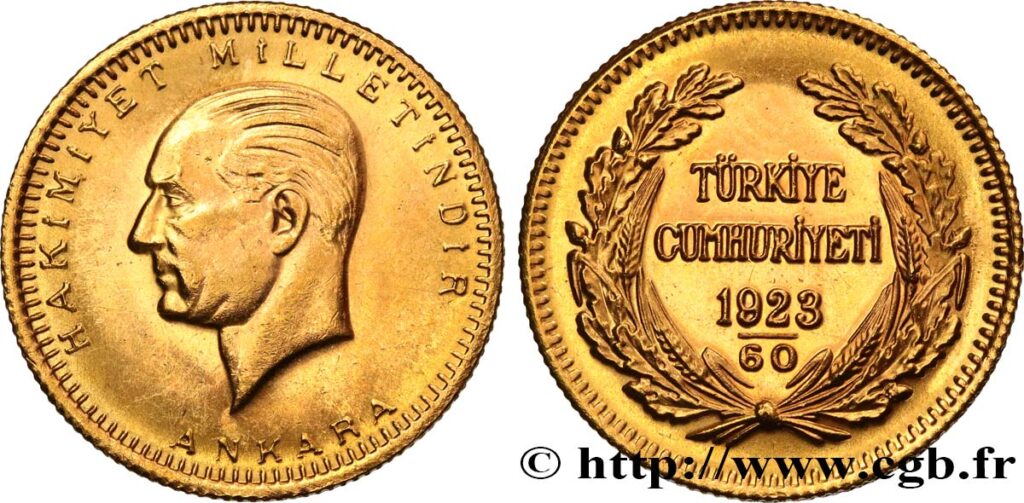
Introduction
The year 1923 stands as a crucial turning point in world history, marked by transformative events and sociopolitical changes that shaped the future. From the aftermath of World War I to significant cultural developments, 1923 was a year of resilience and reinvention across the globe. Understanding the key happenings of this year not only allows us to grasp the historical context but also highlights the patterns that influence modern society.
Major Events of 1923
The Hyperinflation in Germany
One of the most significant events of 1923 was the hyperinflation that gripped Germany. Following the harsh reparations imposed by the Treaty of Versailles, the German economy faced collapse. By November 1923, the exchange rate soared to an unfathomable 4.2 trillion marks to one US dollar. This economic crisis culminated in widespread poverty and social unrest, which ultimately contributed to the rise of extremist political movements, setting the stage for the ascent of Adolf Hitler and the Nazi Party later in the decade.
The Great Earthquake of Kanto
On September 1, 1923, the Kanto Earthquake devastated Tokyo and Yokohama in Japan, measuring 7.9 on the Richter scale. The earthquake, followed by massive fires, killed an estimated 140,000 people and caused extensive destruction of infrastructure. This natural disaster not only catalyzed urban redevelopment but also fueled nationalistic sentiments in Japan, changing the nation’s trajectory.
The Establishment of the Republic of Turkey
In 1923, the Republic of Turkey was officially established under the leadership of Mustafa Kemal Atatürk, marking the end of the Ottoman Empire. This transformation initiated a series of modernizing reforms in various aspects of Turkish society, including law, education, and language, emphasizing secularism and nationalism. The Republic’s birth was a significant point in Middle Eastern history, influencing various movements across the region.
Conclusion
The events of 1923 highlight a period marked by crisis, change, and resilience. The ramifications of the economic turmoil in Germany, the tragic loss of life due to the Kanto earthquake, and the establishment of modern Turkey have had long-lasting impacts that continue to resonate today. Understanding these historical events is crucial for recognizing the underlying social and political dynamics that persist in current global affairs. While each event in 1923 was distinct, they collectively illustrate how moments of despair can lead to significant developments that shape nations and their futures.



